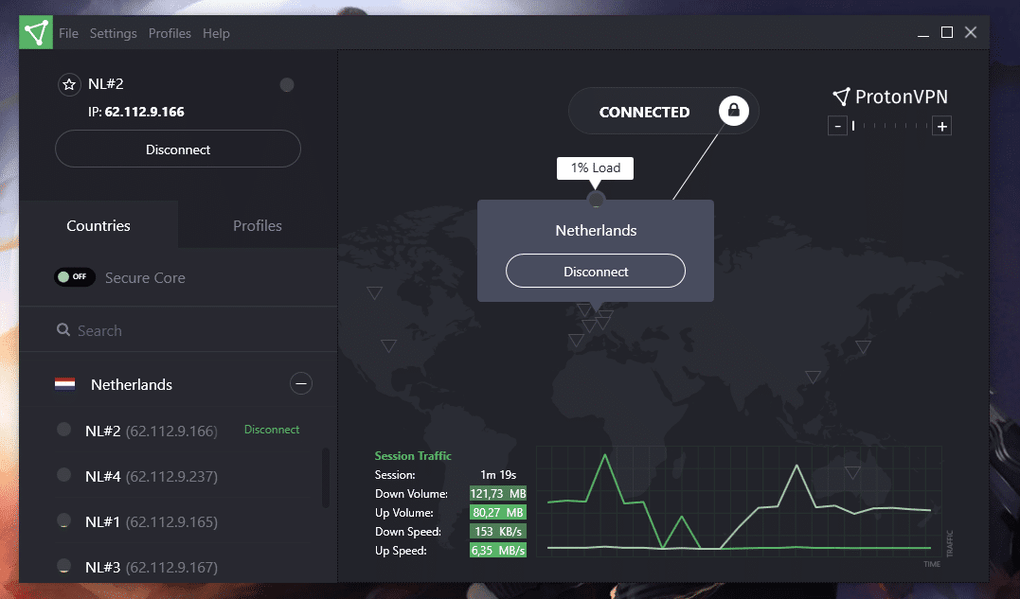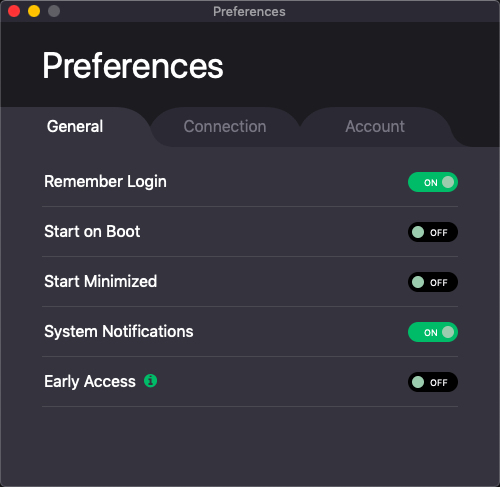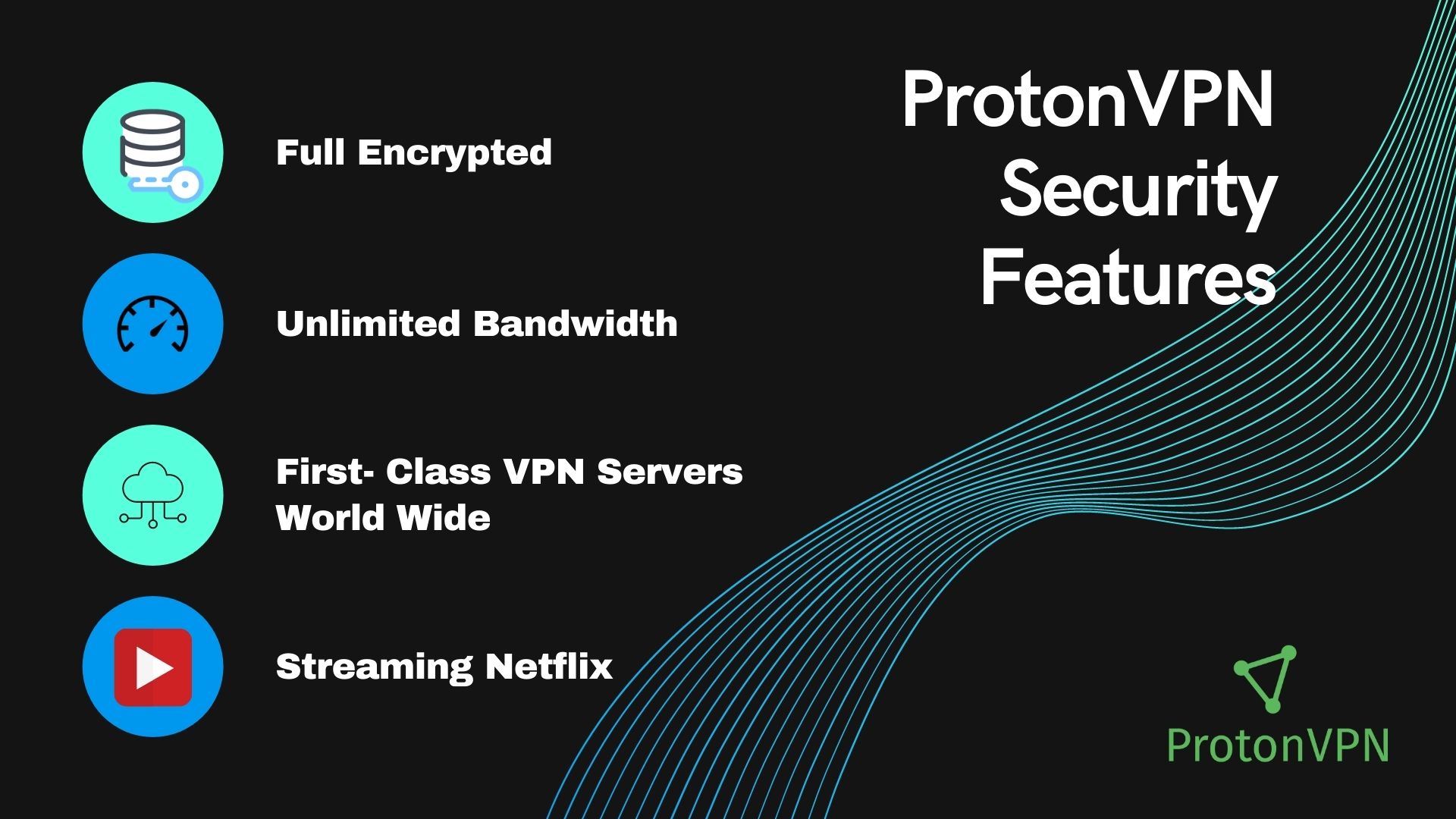
Proton’s new incarnation eliminated the $5-per-month Basic plan, leaving customers without a mid-range option. It’s not a replacement for the full VPN experience, but it’s useful for accessing geographically restricted content. The browser extension encrypts traffic with HTTPS, providing more security. The extensions function as a proxy and re-route browser traffic to the designated location. Proton VPN released browser extensions for Chrome, Firefox, and browsers built on those platforms. Mail Plus and Drive Plus are cheaper but offer fewer features.

Users get up to 20 calendars and calendar sharing. Mail and Drive have 500GB storage, 15 email aliases, and unlimited email messages. It increases the value of Proton’s other products. Proton Unlimited is the most expensive tier but doesn’t add any VPN features. These features are not included in the VPN Plus subscription. VPN Plus subscribers only get free Proton Calendar, Drive, and Mail. VPN Plus subscribers can access multi-hop connections and Tor.

Other VPNs don’t limit devices, including Windscribe VPN and Surfshark VPN. You can use up to 10 devices at once with VPN Plus. Proton’s VPN Plus tier gives access to premium servers for paying customers. We advise against long-term subscriptions to avoid commitment. Kaspersky Secure Connection costs $29.99 per year. Proton VPN is competitively priced and compares favorably to competitors. We tested the VPN Plus account for this review.

Note that Proton VPN offers various subscription plans to fit your budget and specific needs. Mullvad VPN and IVPN don’t require any information for paid subscriptions. You must create an account to access the free tier. It limits one device connection but gives access to other Proton products. Proton VPN offers a great free tier with only three server locations.


 0 kommentar(er)
0 kommentar(er)
